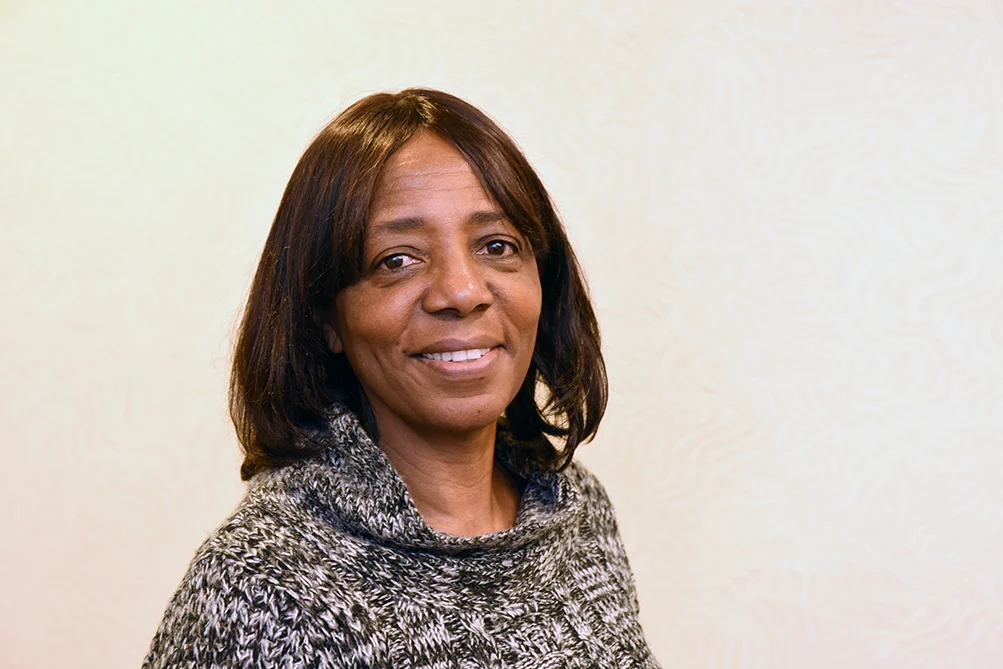Report calls for new approach to policing
February 6, 2017
The way Toronto Police does business is going to look quite different in the future.
Residents can expect a community-centric and intelligence-led model that leverages technology and embraces partnerships.
Chief Mark Saunders said it will be innovative, sustainable and affordable.
The city’s top cop and Toronto Police Services Board (TPSB) chair Andy Pringle co-chaired the Transformational Task Force (TTF), comprising Service members and community citizens, that released its final report, ‘Action Plan: The Way Forward’, last week.
As a starting point for modernization, culture change calling for a more ‘comprehensive people management strategy’ was identified as a key component.
“When it comes to cultural change, it’s something that’s necessary,” said Saunders. “In today’s environment, you will fail if you do not listen to everybody. We don’t have the luxury anymore of just choosing segments to listen to…Listening to who you are serving is first and foremost...Understanding relationships, understanding our roles in the community and understanding how we can add value is what’s critical when it comes to that cultural change…This not about softer policing. It’s about smarter policing.”
With over 8,000 members and a diverse range of police and civilian functions, the reports notes that culture change is complex and will take time to achieve.
“It’s also because policing is highly regulated through provincial legislation and by necessity includes a strong emphasis on following procedures and rules,” it states. “Not everyone sees or experiences this reality in the same way, but the words people sometimes use to describe it are variations on a theme – top-down, command-and-control, restrictive, inflexible. Occasionally, people even refer to police culture as military or paramilitary. In modern organizational thinking, these characteristics are often viewed as cultural barriers to flexibility, empowerment and innovation. But certain aspects can be appropriate in the right measure for some types of organizational cultures, including policing.”
The action plans also calls for neighbourhood officers to be equipped with smart mobile devices that will provide them with access to the data, information and software they need. They will be able to receive and respond to calls, emails, text messages and other forms of electric communication regardless of where they are in the city.
Presently, police cars with mobile computer workstations allow officers to write and file reports, complete other paperwork and access databases. Officers on foot and bikes receive information on their radios and are forced to use their personal devices to assist with their duties even though this poses personal risks and security challenges.
The proposed mobile device will include a searchable eNotebook that will change how the Service stores, collects, retrieves and analyzes logged information. The paper memo books officers use will be phased out.
Saunders doesn’t expect the new smart mobile devices will be rolled out before 2019.
“We can’t just give a person an iPad and say, ‘here you go’, because for court purposes everything that you do becomes an issue,” he said. “When did you see it, when did you record it, how did you record it, what did you delete and what did you add, all of those things have to be in place. And, of course, you have to have field tests for durability. The research will be done and we are going to find the best product.
‘The long and short is that I am going to have more officers for where they are needed the most and that’s to be in communities and to still be functional. I think that’s a leap that’s worth taking.”
The introduction of the mobile devices will lead to fewer police divisions with boundaries that support neighbourhood policing.
There are currently 17 police divisions.
“As the Service draws new divisional boundaries, it will relocate some police stations to new locations that make better sense relative to Toronto neighbourhoods,” says the report. “It will renovate some existing stations to better reflect the requirements of modernization and police stations and properties no longer required by the Service will be returned to the City…There will also be opportunities to streamline and reduce the number of managers and supervisors as well as to consolidate and cluster teams of investigators and administrative personnel to make better use of resources.”
With an integrated and comprehensive program of neighbourhood policing being a focal point of the Service’s new service-delivery model, neighbourhood officer assignments will last a minimum of three years with an option to extend where it’s deemed appropriate.
When the hiring moratorium is lifted in 2019, neighbourhood policing will be the starting point for a career with the Service as new recruits will spend their first year in communities across the city.
“This will ensure that the professional development of every officer is grounded in embracing partnerships with the residents and communities they serve”, the report points out.
TTF member and Rexdale resident Idil Burale said this is a step in the right direction.
Idil Burale
“Some people will say officers are already in communities doing surveillance or harassing residents,” she said. “This is not about putting them in communities, but making sure they come with the right intention, training and skills to be able to effectively partner with communities. There is a big difference between just showing up at a community event and partnering with that community. Collaboration is necessary in order to address the chronic issues that lead to crime and disorder.”
The Service also plans to change the way in which officers respond to calls for service.
Primary Response officers respond to all levels of calls for service regardless of the level of priority. Once on the scene, they are responsible for resolving the call to the end.
In future, Priority Response officers will be dispatched to emergencies and other situations to ensure residents' safetyand the Investigative Support Unit (ISU) will deal with calls for service that don’t involve an immediate risk to public safety or property. In some instances, Priority Response officers will attend a scene to ensure safety needs are addressed and then the ISU will deal with the ensuing preliminary investigation.
Saunders is counting on the Toronto Police Association support of the new plan.
“It’s very important that we work together if we are going to get this thing right and be successful,” he pointed out. “My plan is to sit down with the association to have those discussions to move this forward. The association has the same interest that I have. We want the best for the men and women of the TPS. I want to keep this city the safest in the world. Do I need partners in order for this to be successful? Absolutely. So those opportunities of having those discussions will take place and I look forward to them.”
Pringle said the TPSB will champion the action plan and support the Service with advice, advocacy and resources.
“It will also be my job and that of the Board to ensure that it is held to a timeline,” said Pringle. “The Board will be there to ensure that the Chief and his team are reporting on a regular basis about the implementation in a timely, open and transparent fashion.”
Burale, the associate for the Mars Solutions lab, was privileged to be part of the process.
“As someone who has been critical of policing and who has worked in the Rexdale community to repair strained relationships between marginalized communities and the police, we only get to react to what the Service does wrong when things go awry,” said the former Queen’s Park political candidate and city council candidate. “We don’t really understand the logic of what they do when they do. This has been an extreme privilege and great opportunity to get access to that and for them to invite me as a young person who has not always had the best of relationships with police to help inform the design for the future of policing in Toronto.”
Michelle DiEmanuele, the president and chief executive officer of Trillium Health Partners, said this is an important moment in the city’s history.
“I believe the appetite for change is strong within the community, stakeholders, governments and the Service itself and there is unprecedented alignment on the vision and the direction,” added the TTF member. “In the weeks and months ahead, I look forward to seeing the progress made. Implementing a new model of policing will be, at times, challenging, but I am confident there now exists the key ingredients for success, a vision, a plan and most importantly the will to accept change.”







